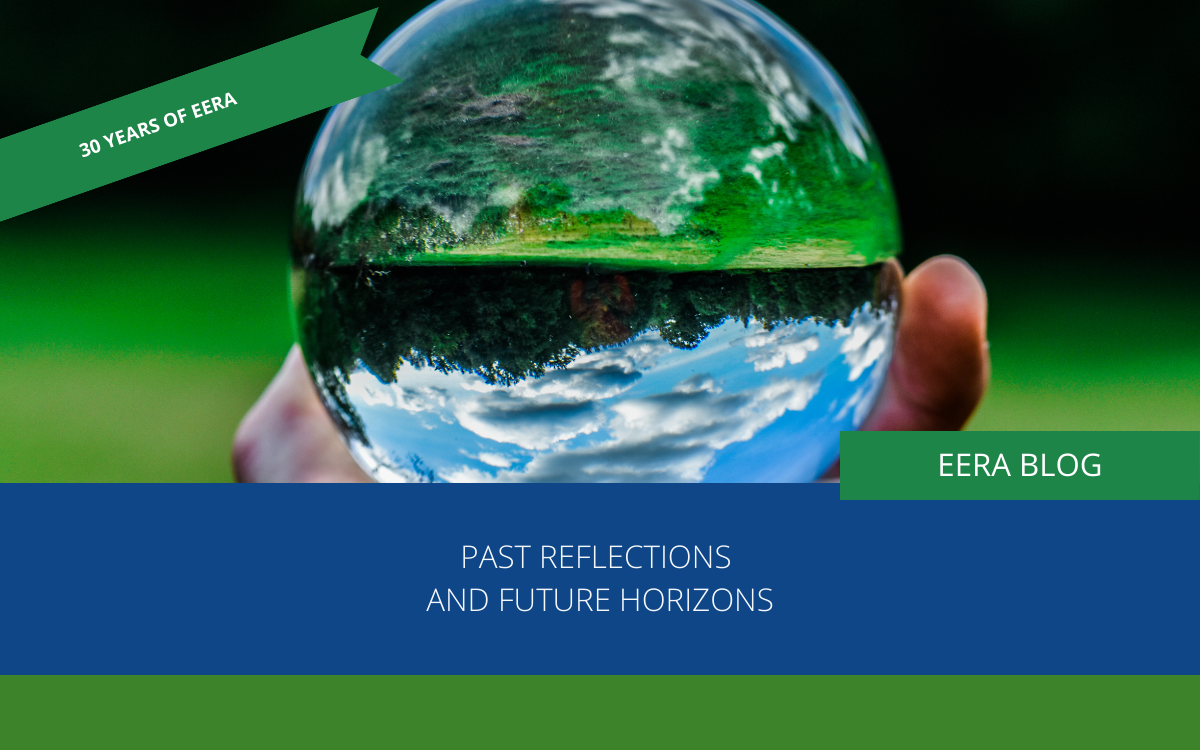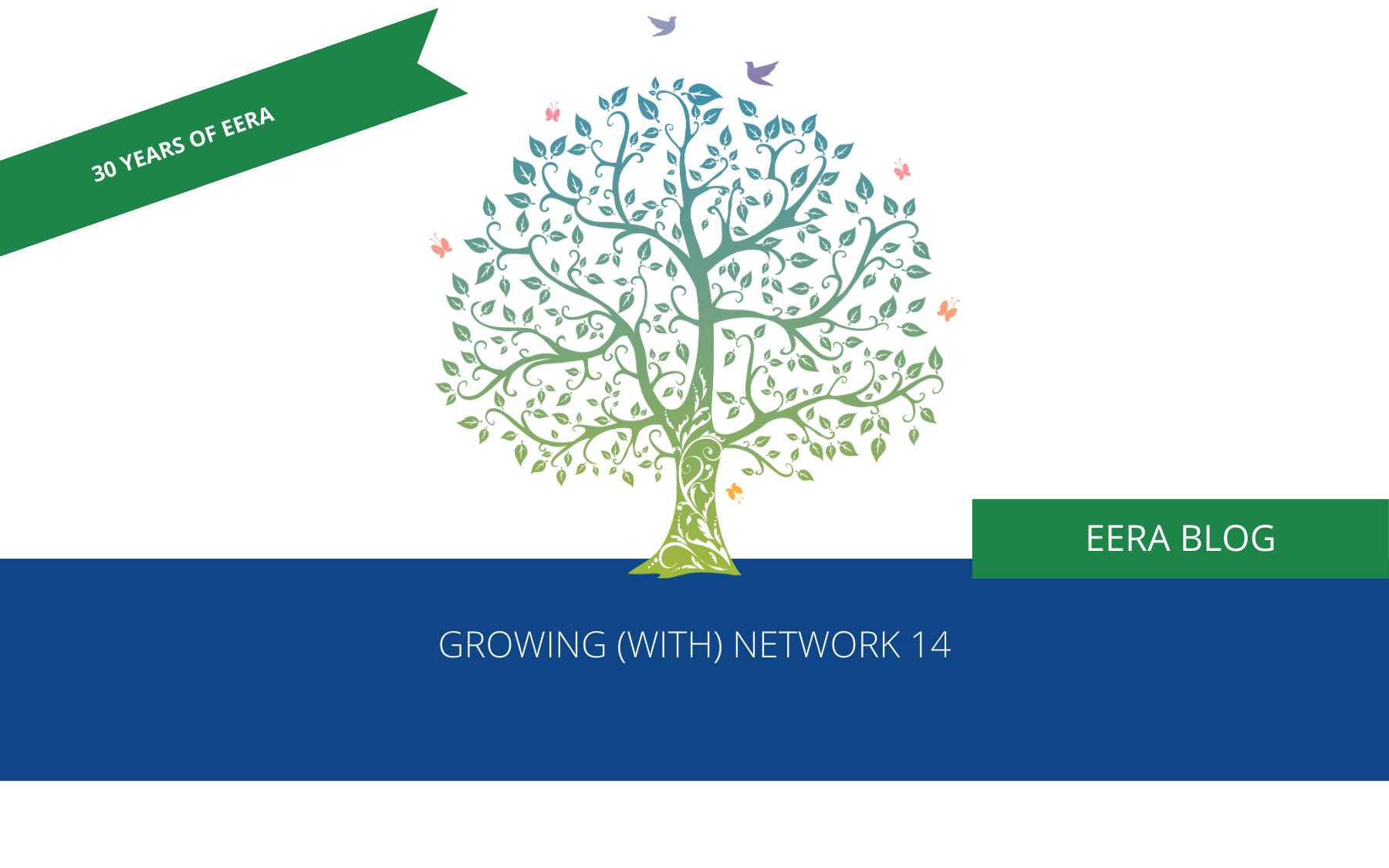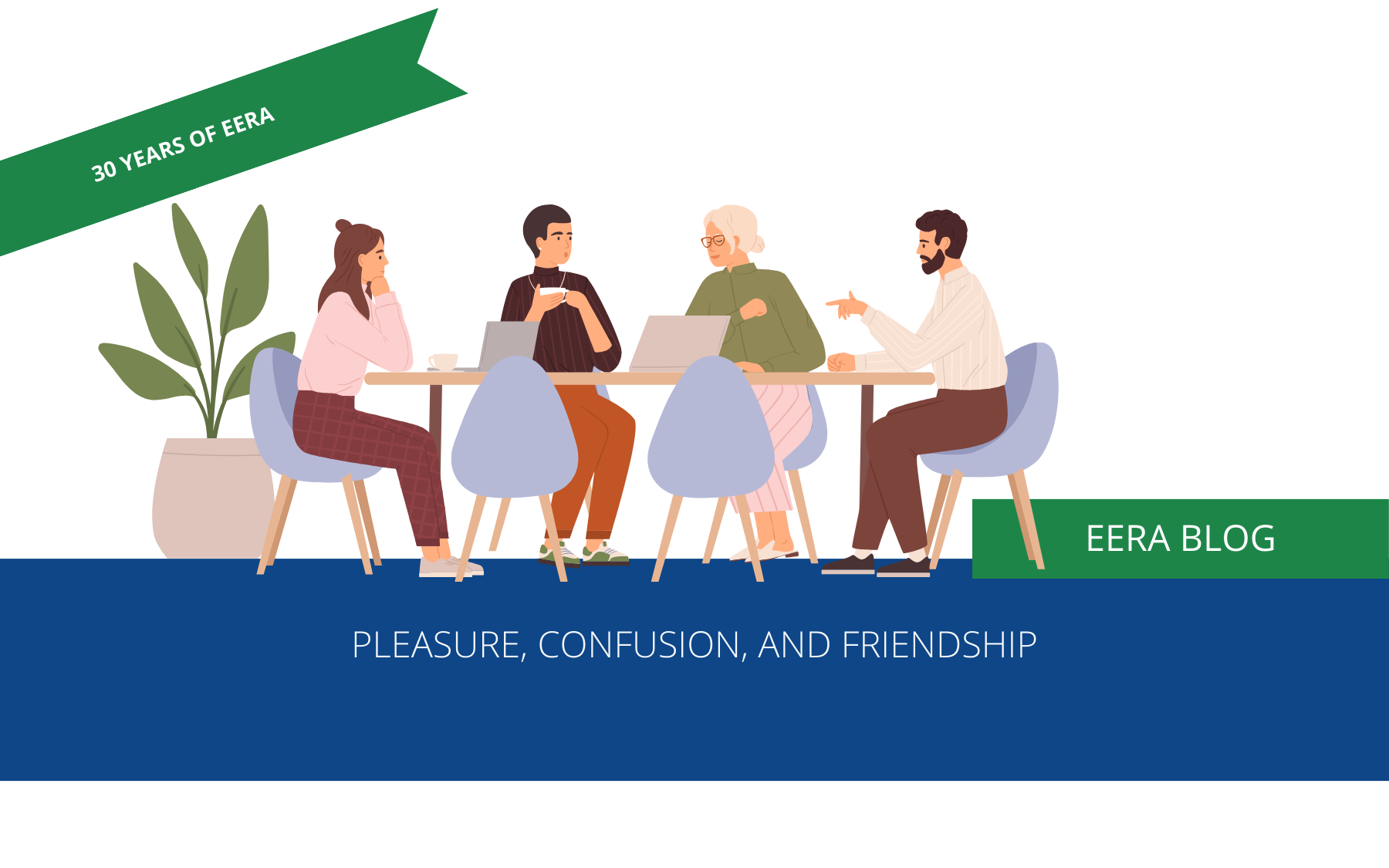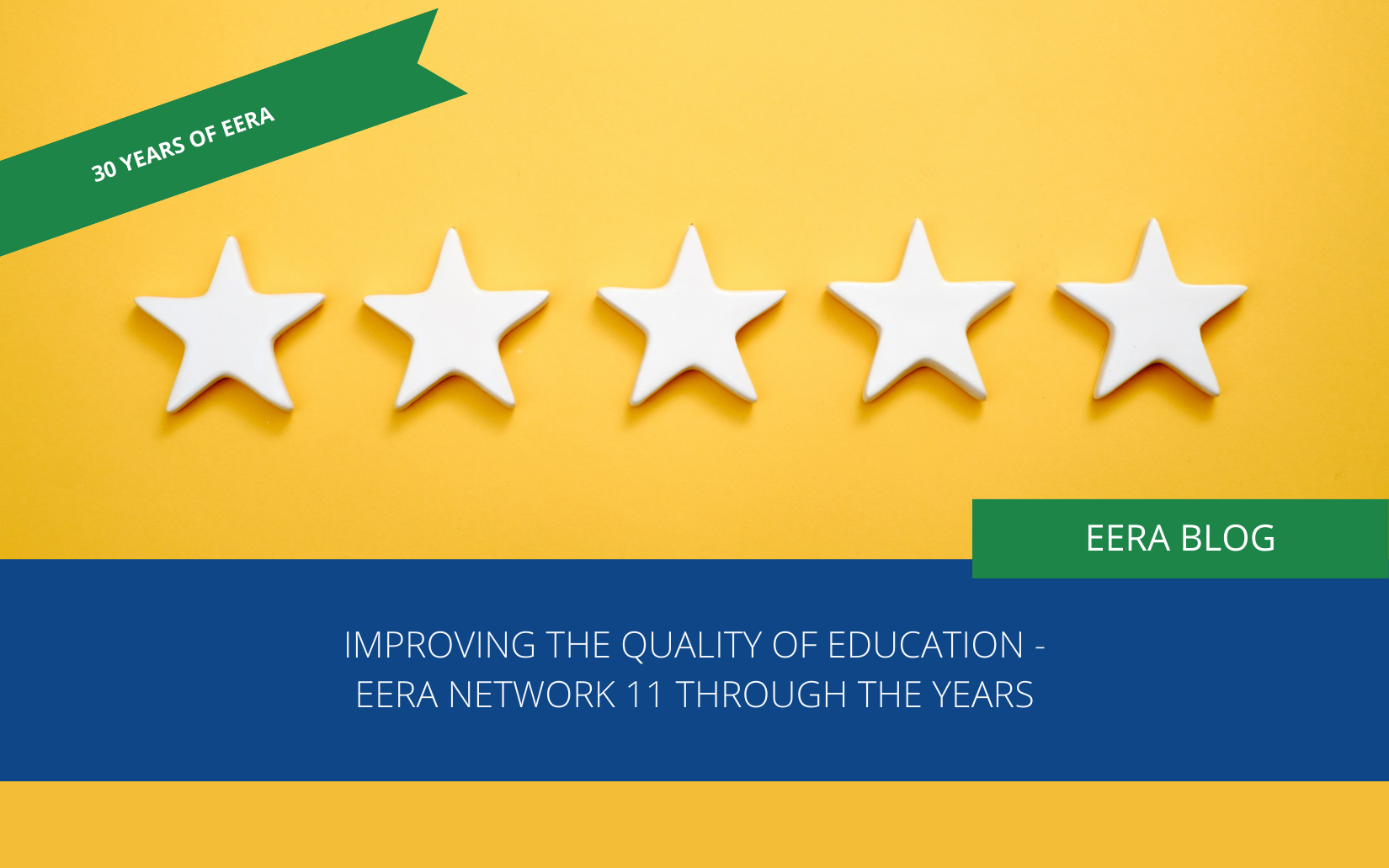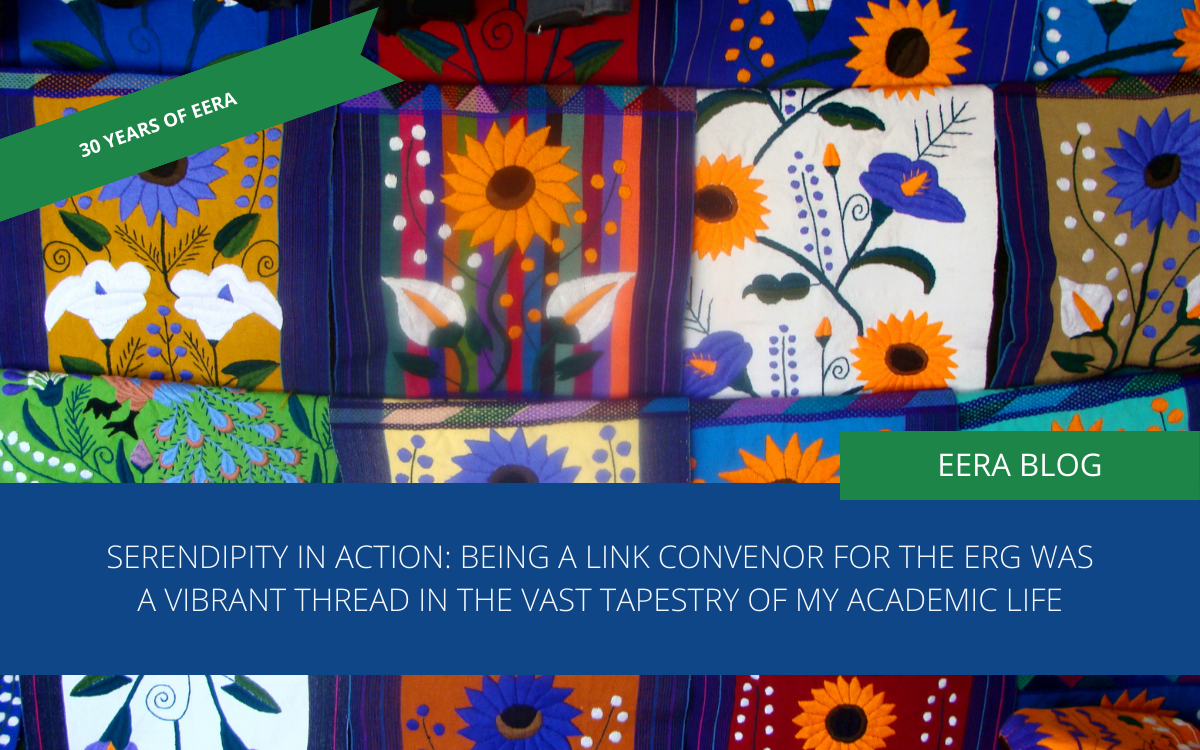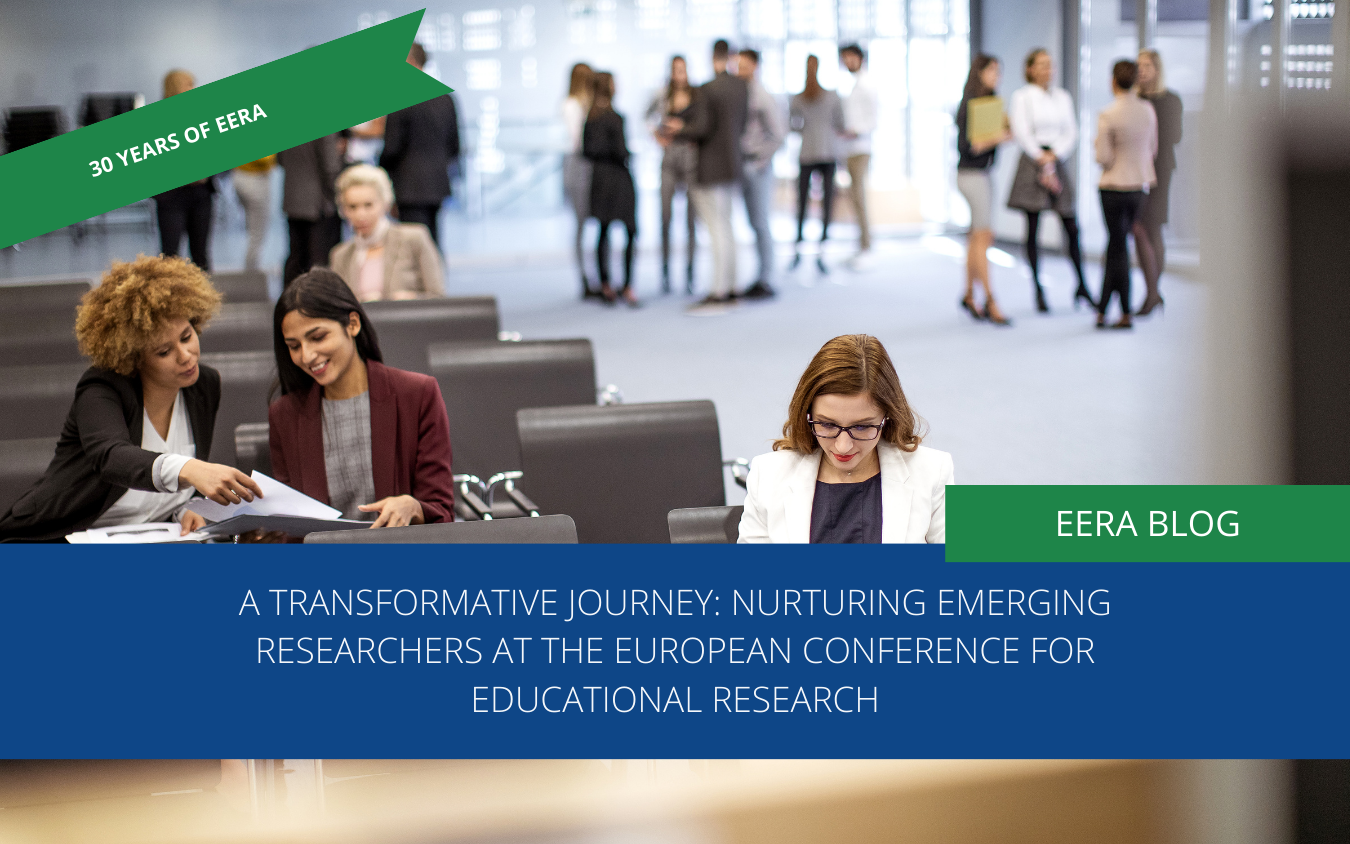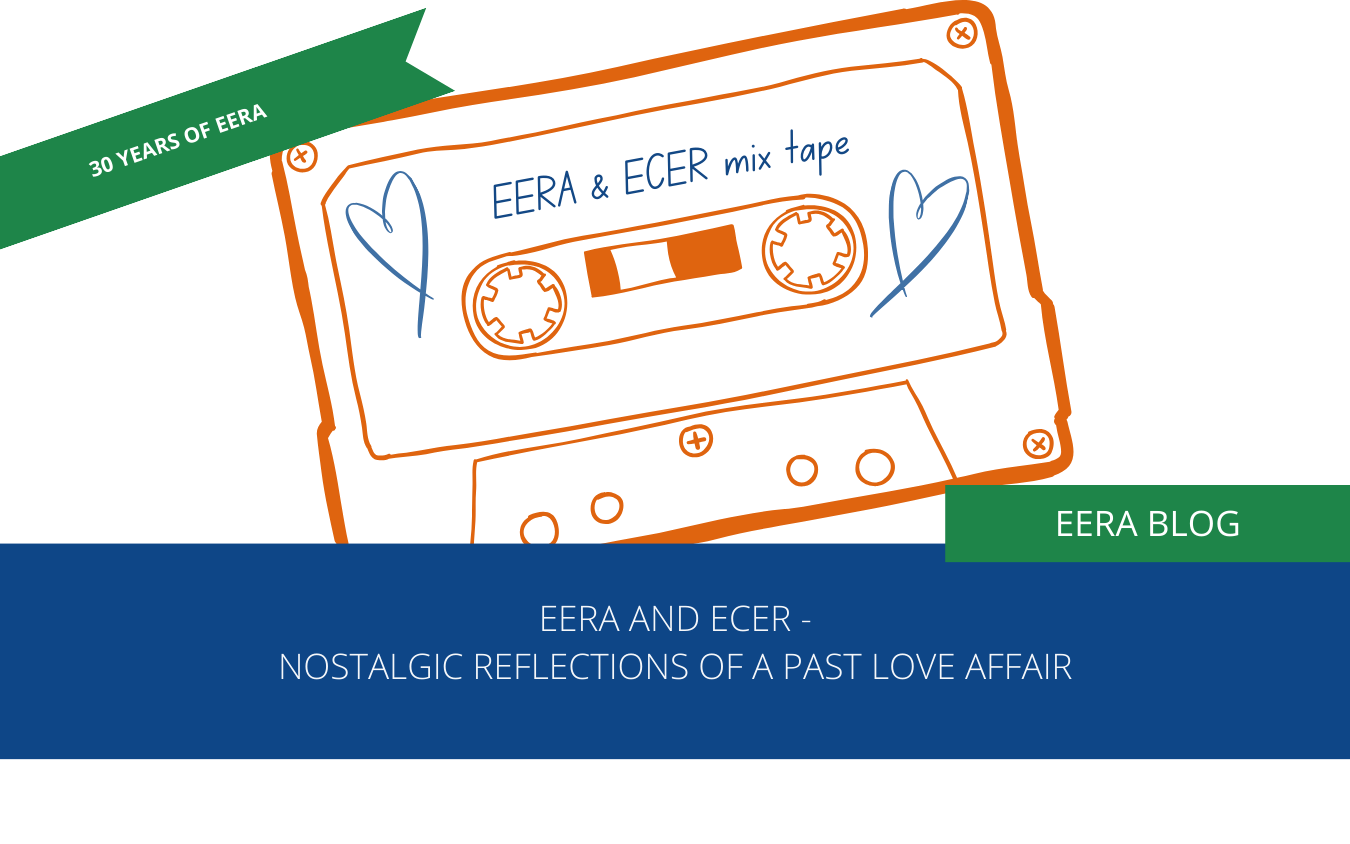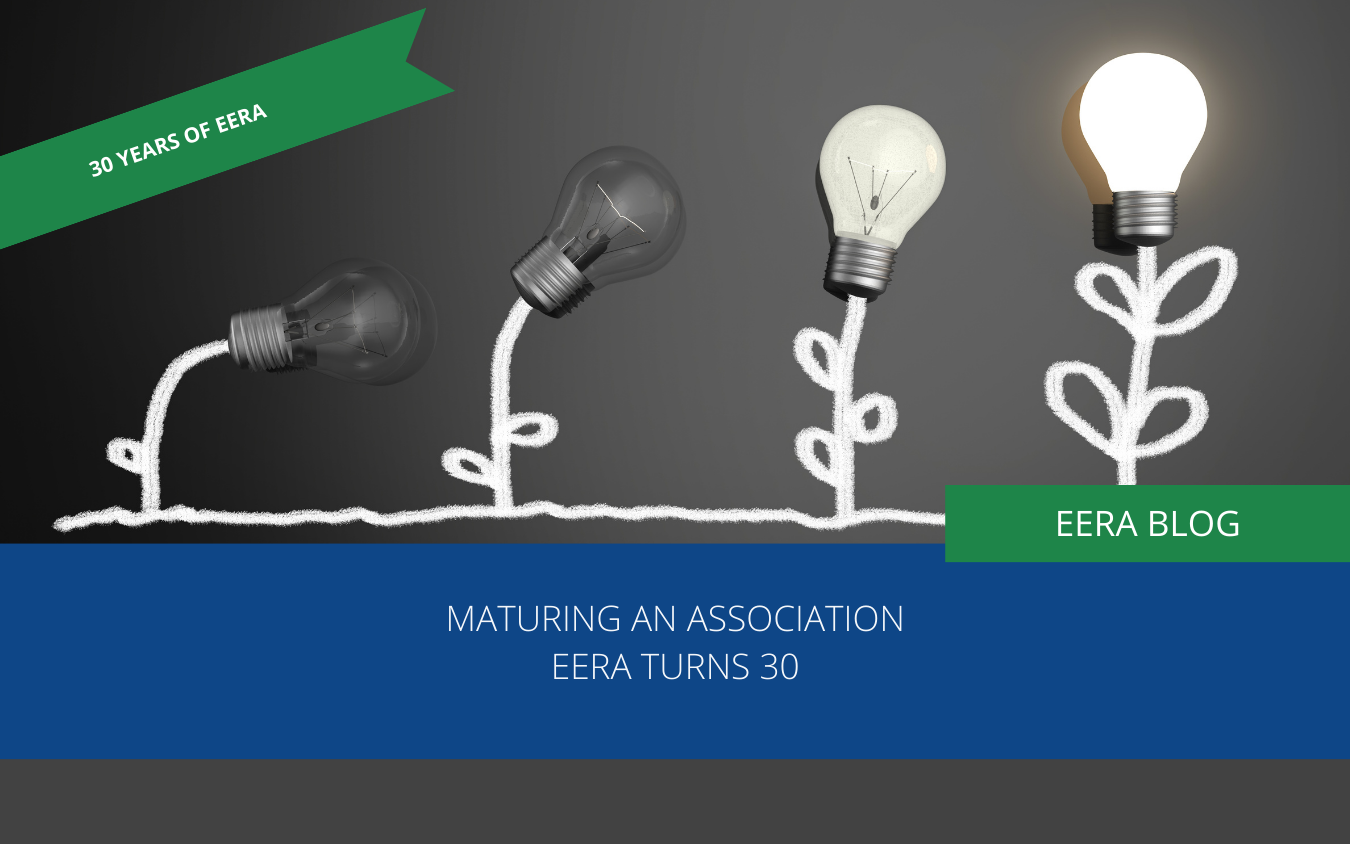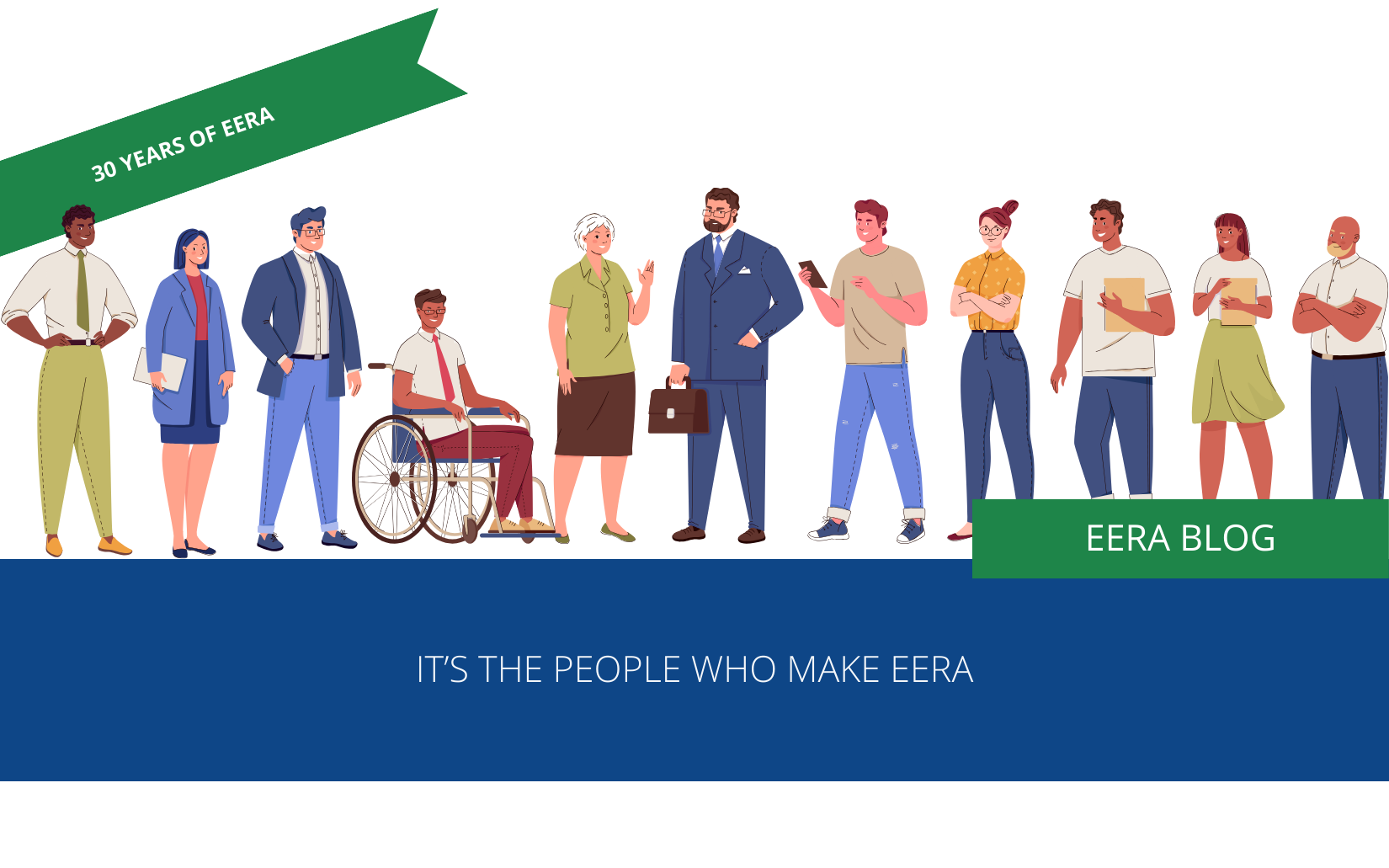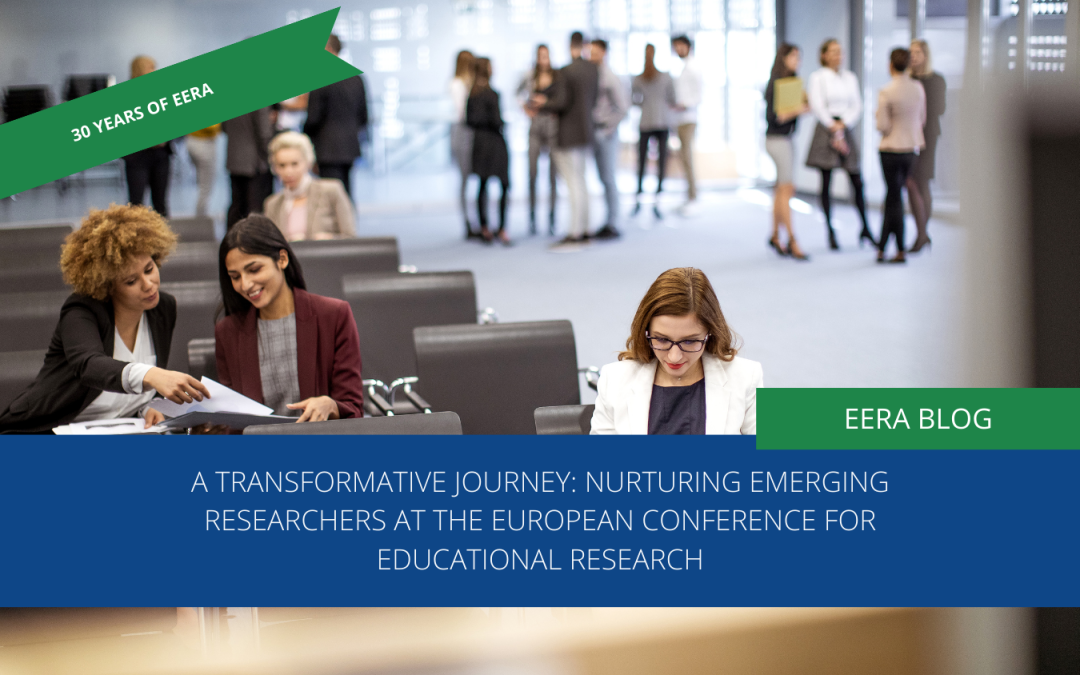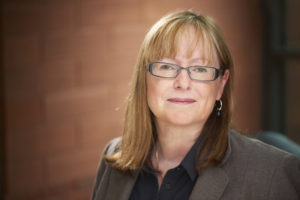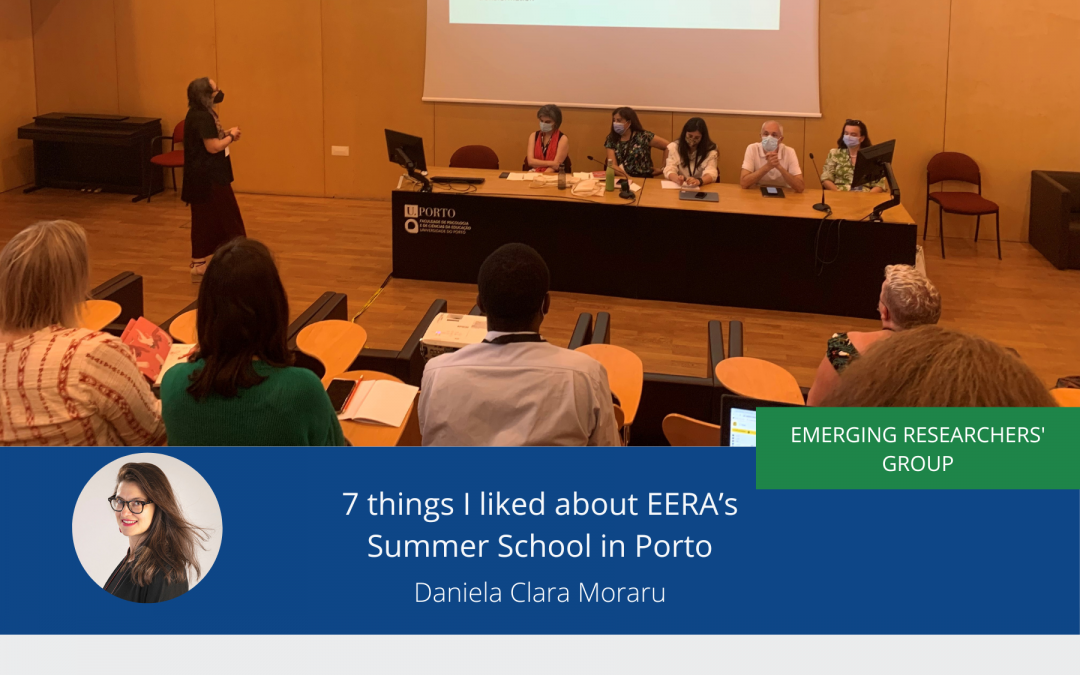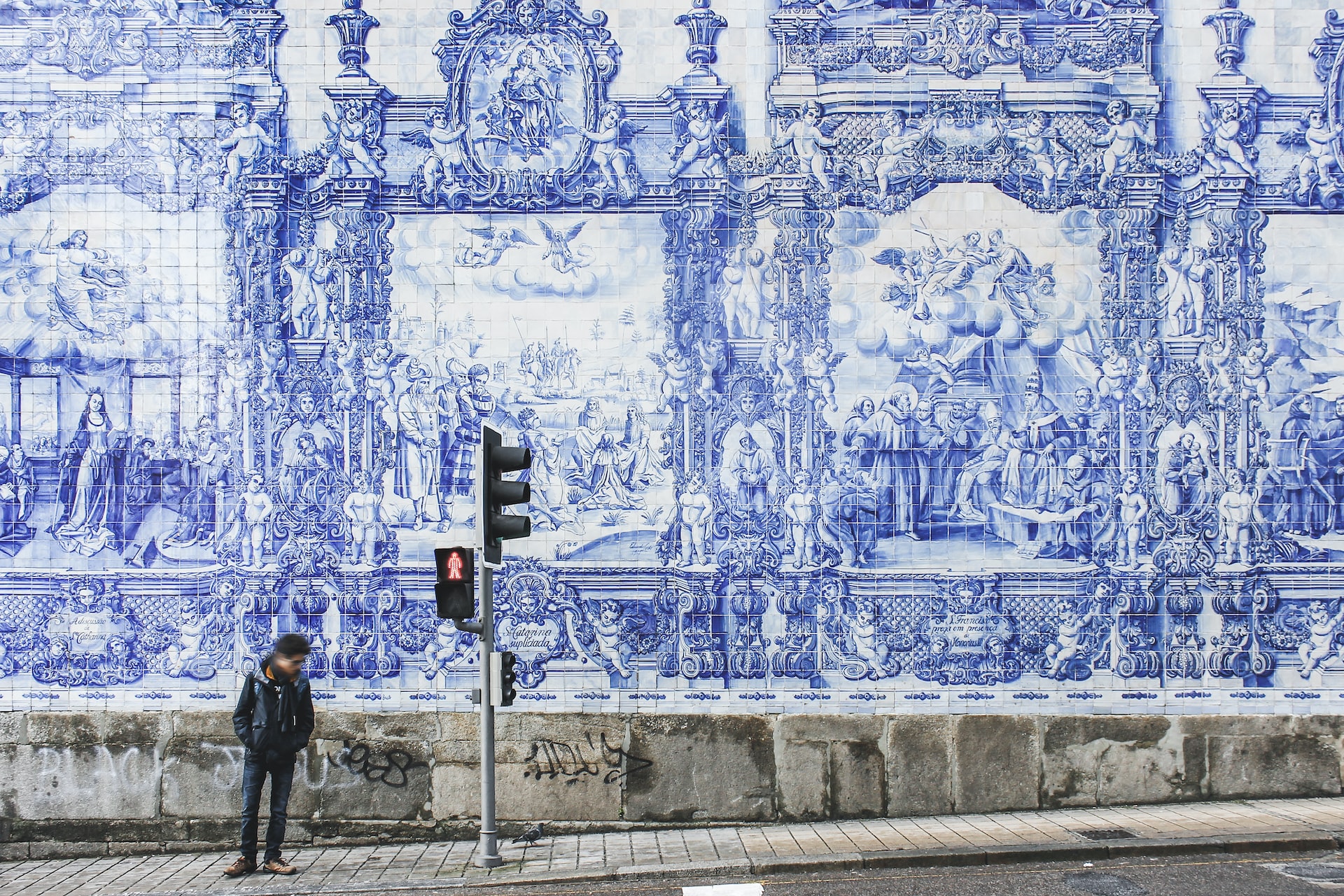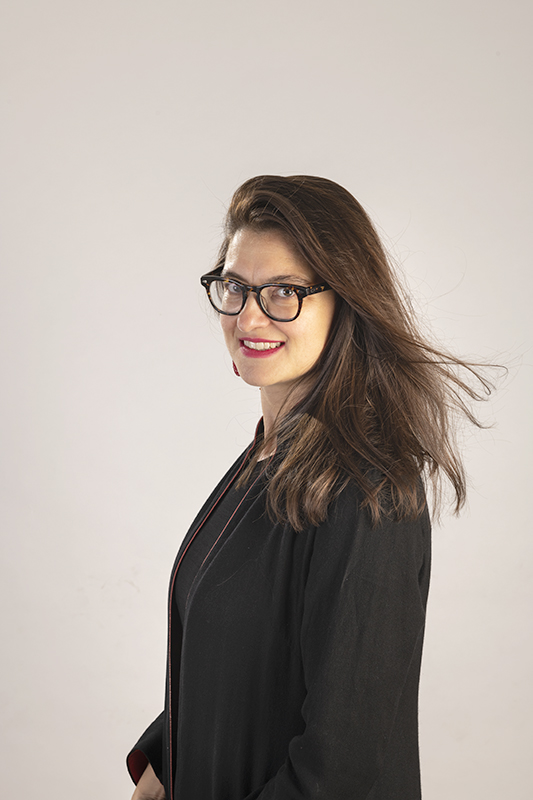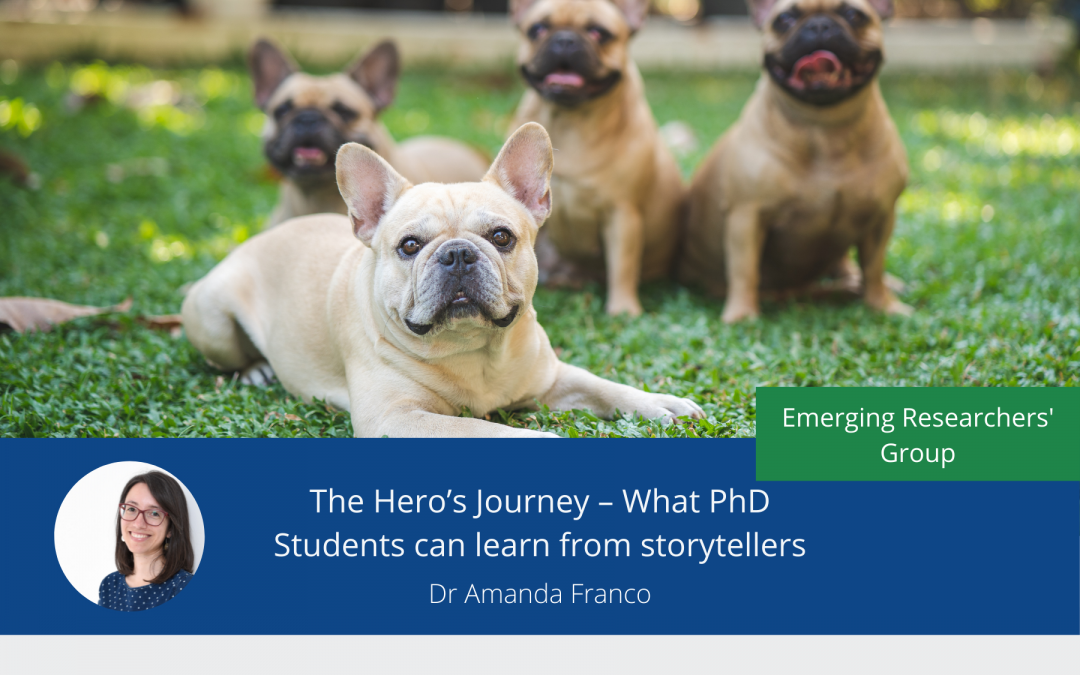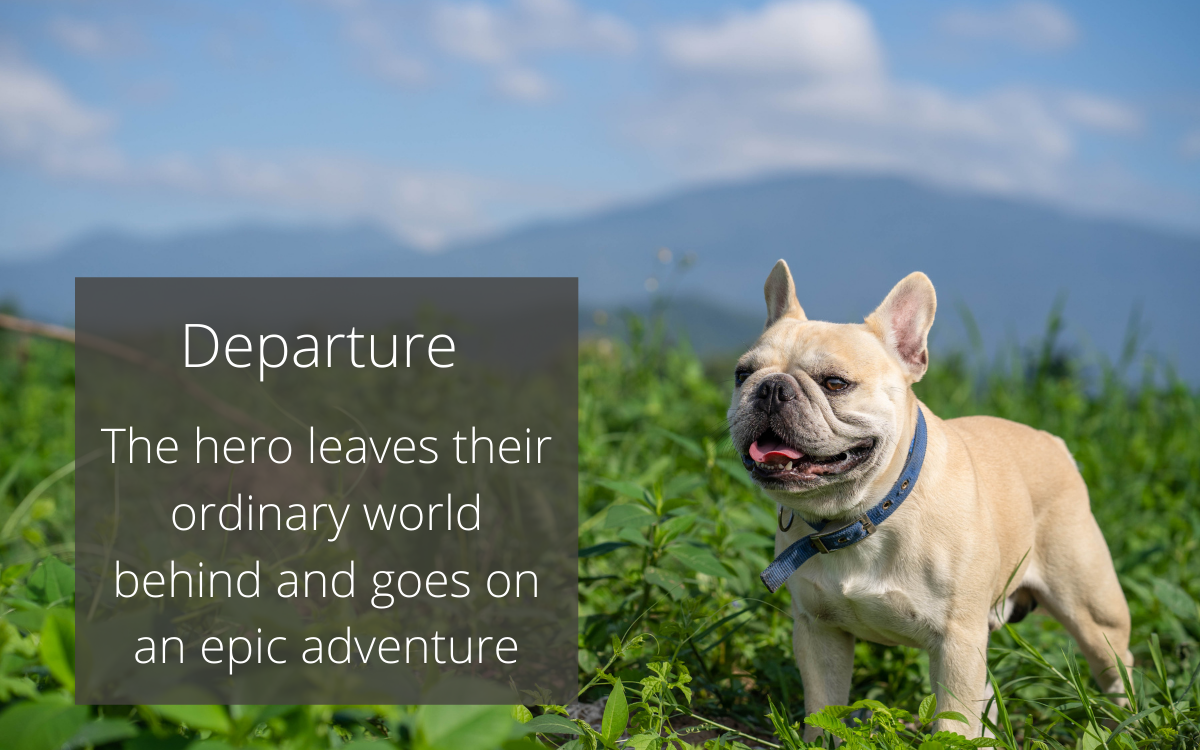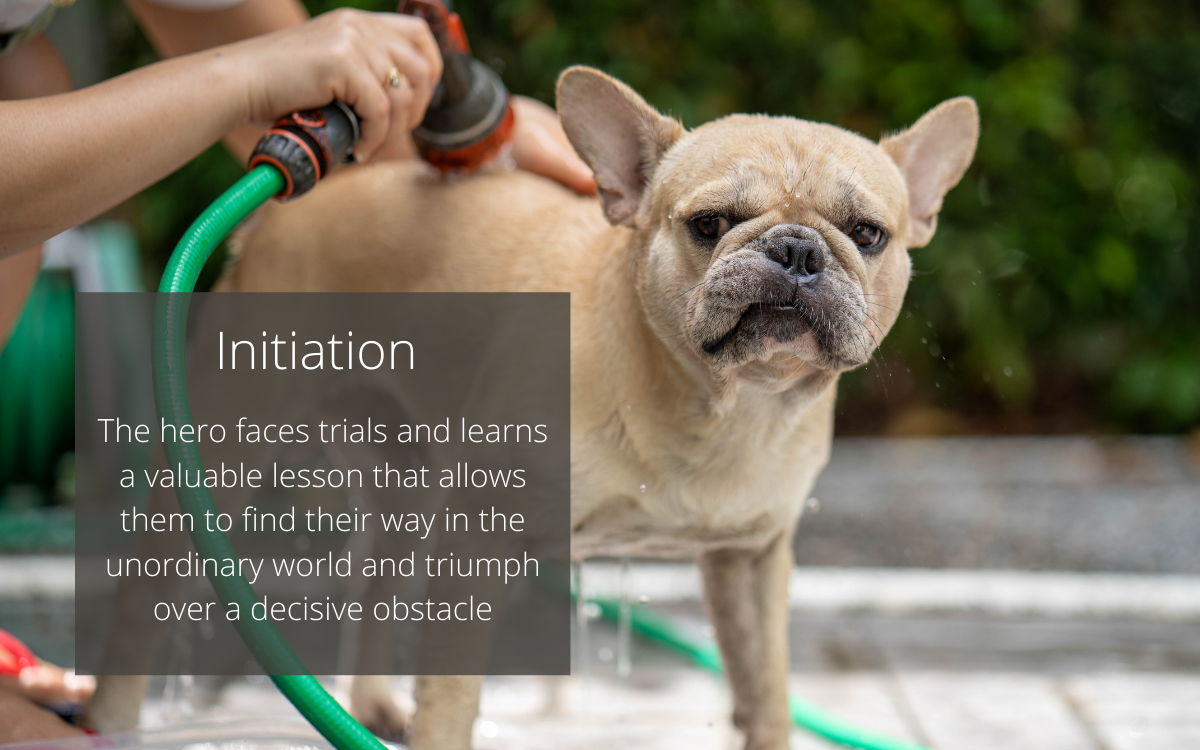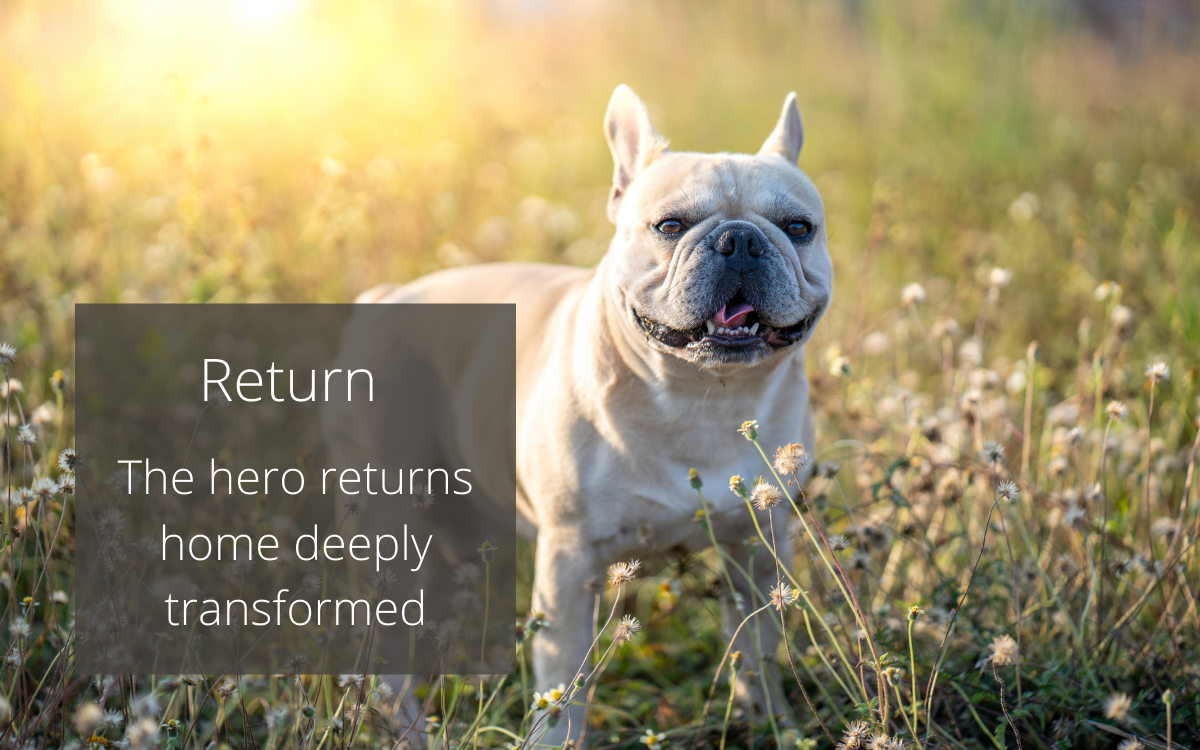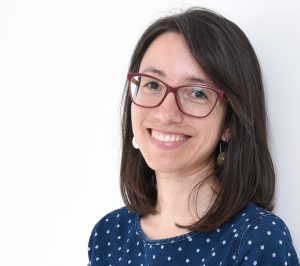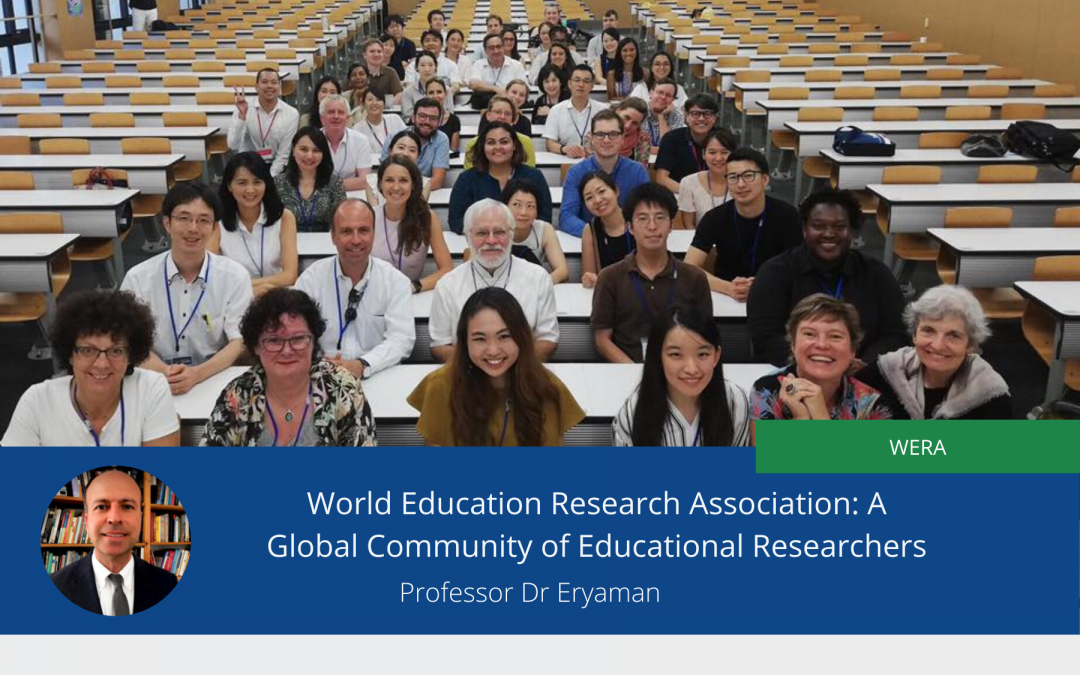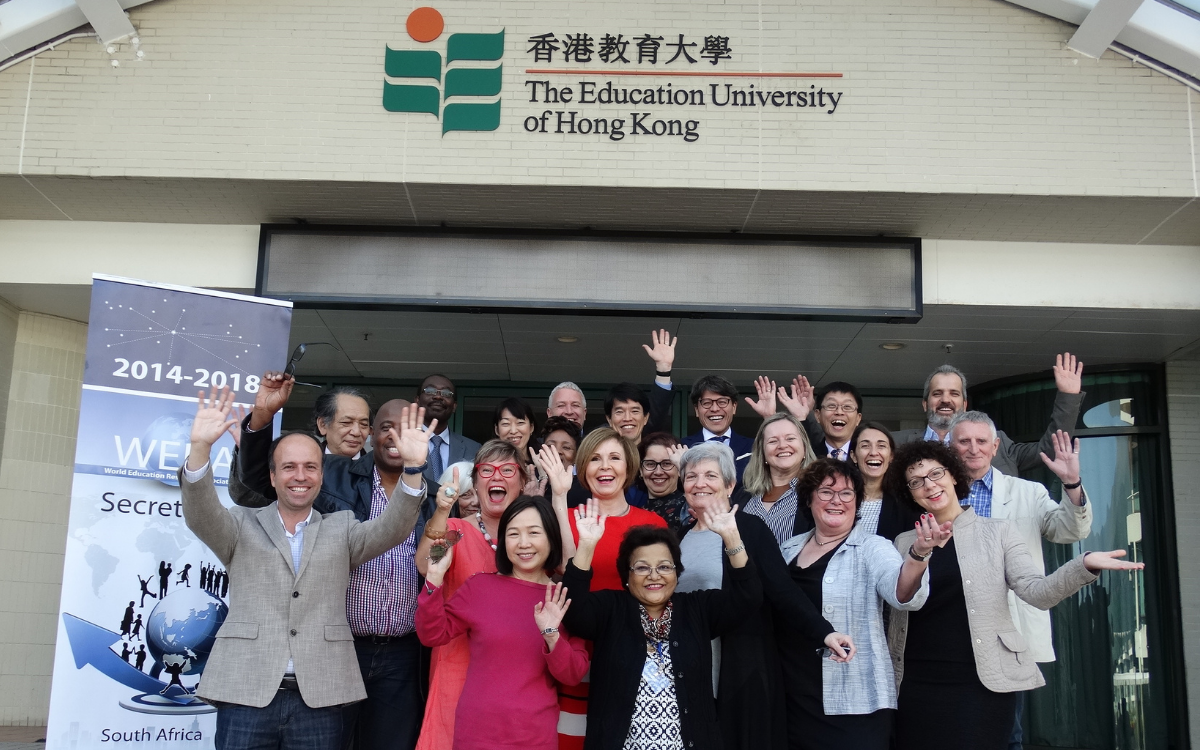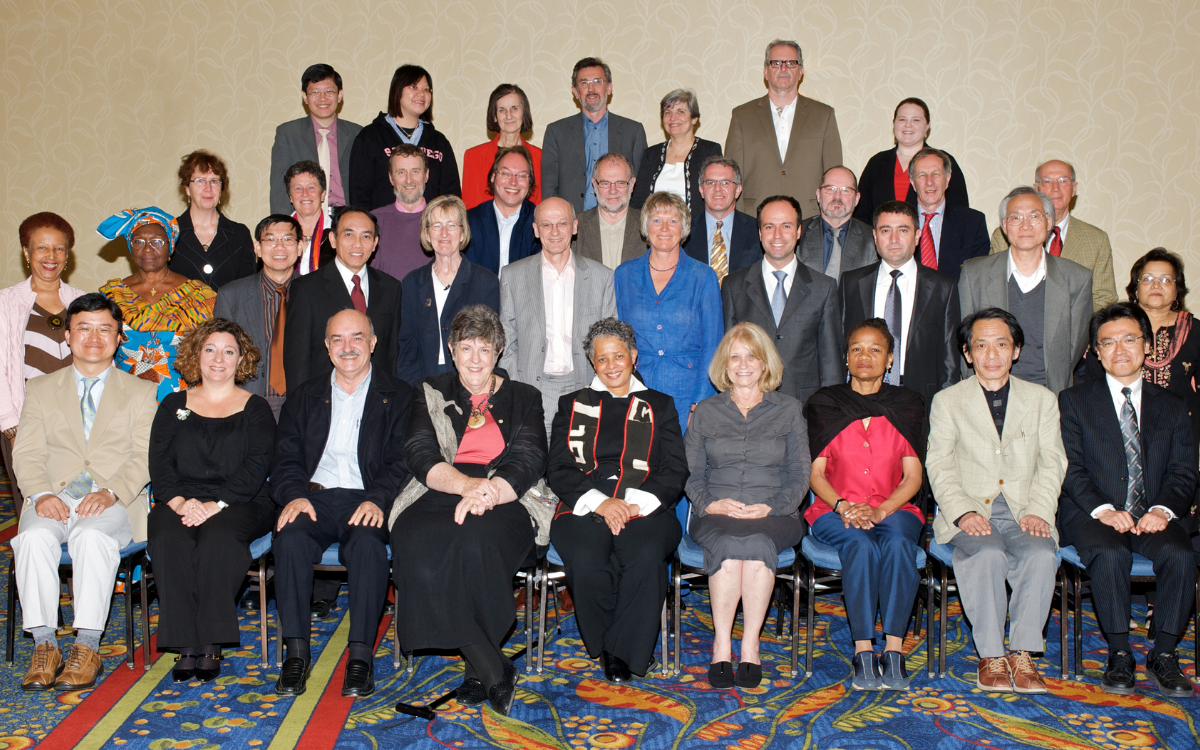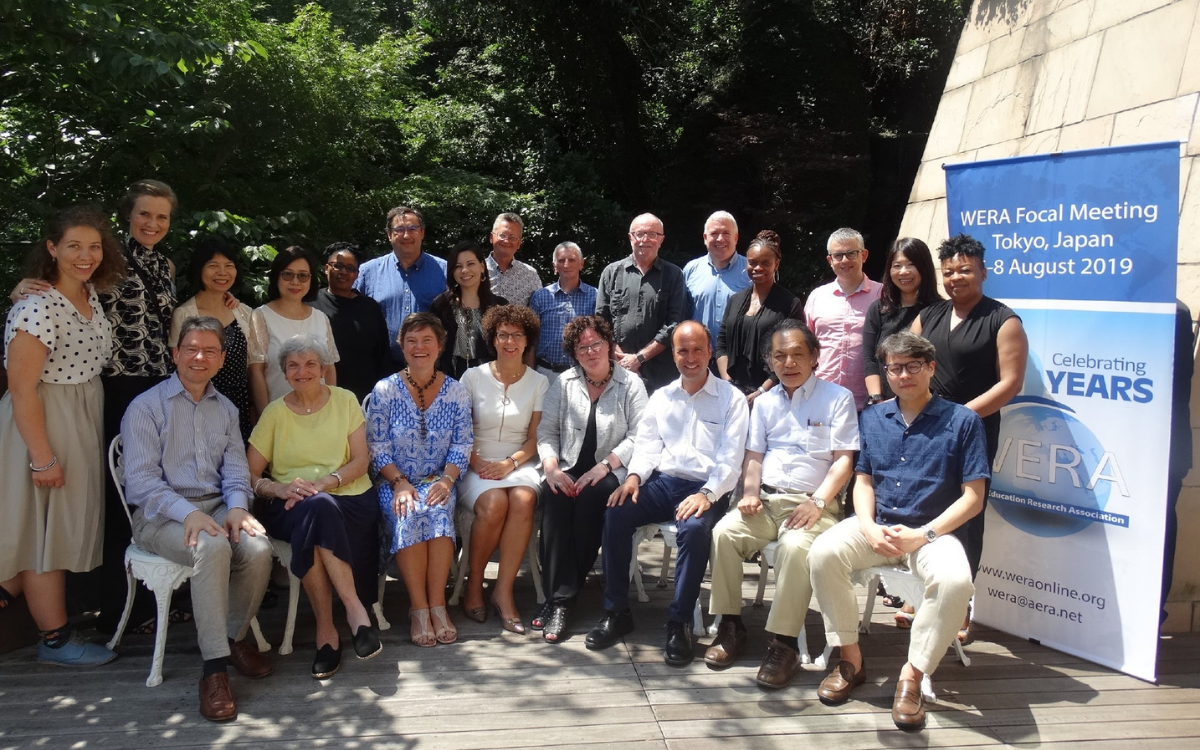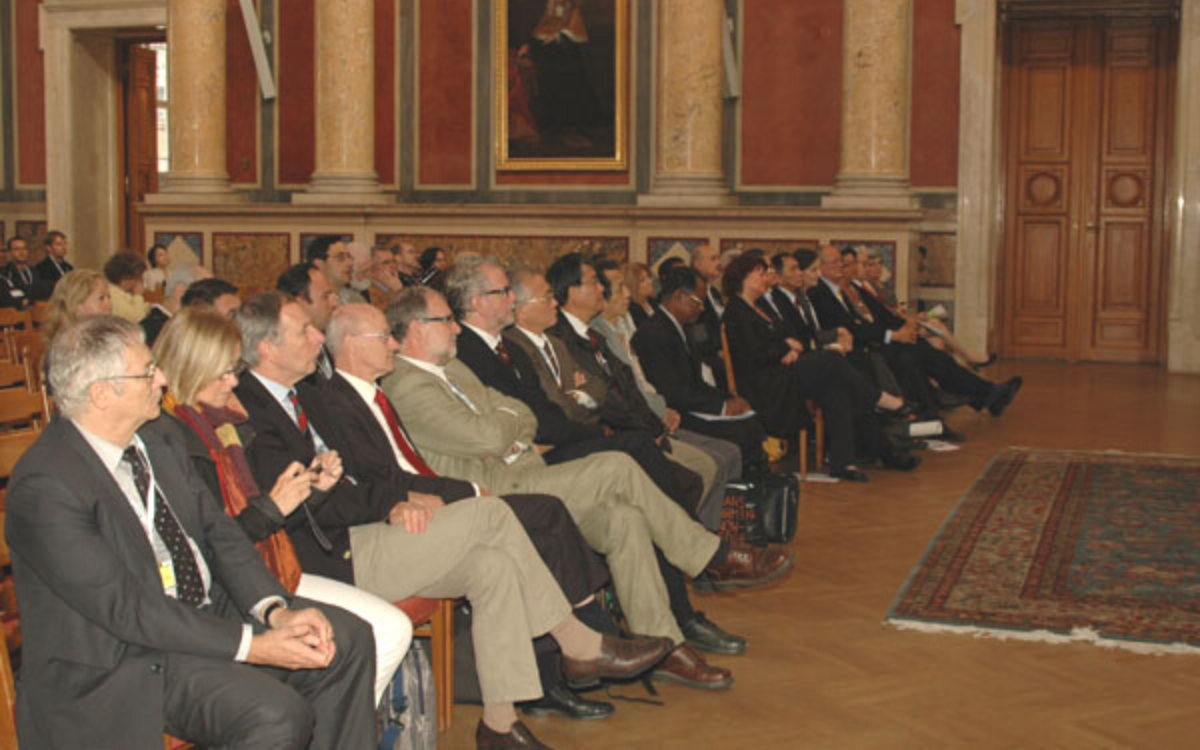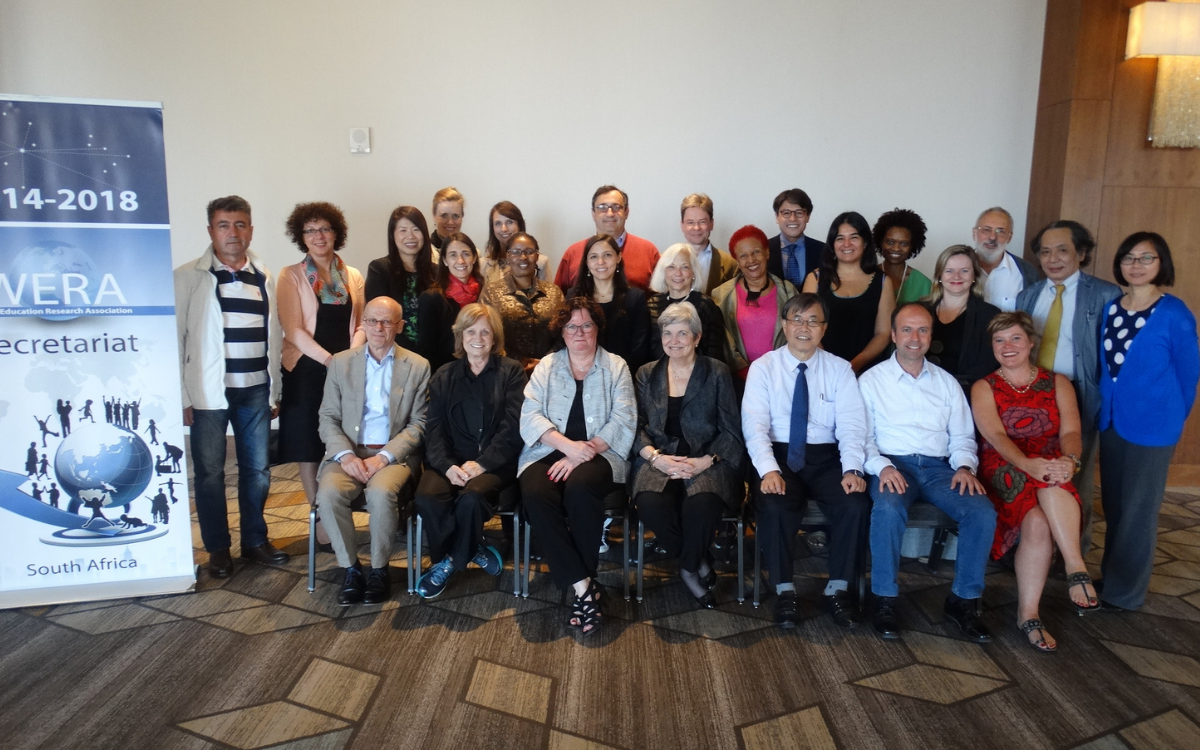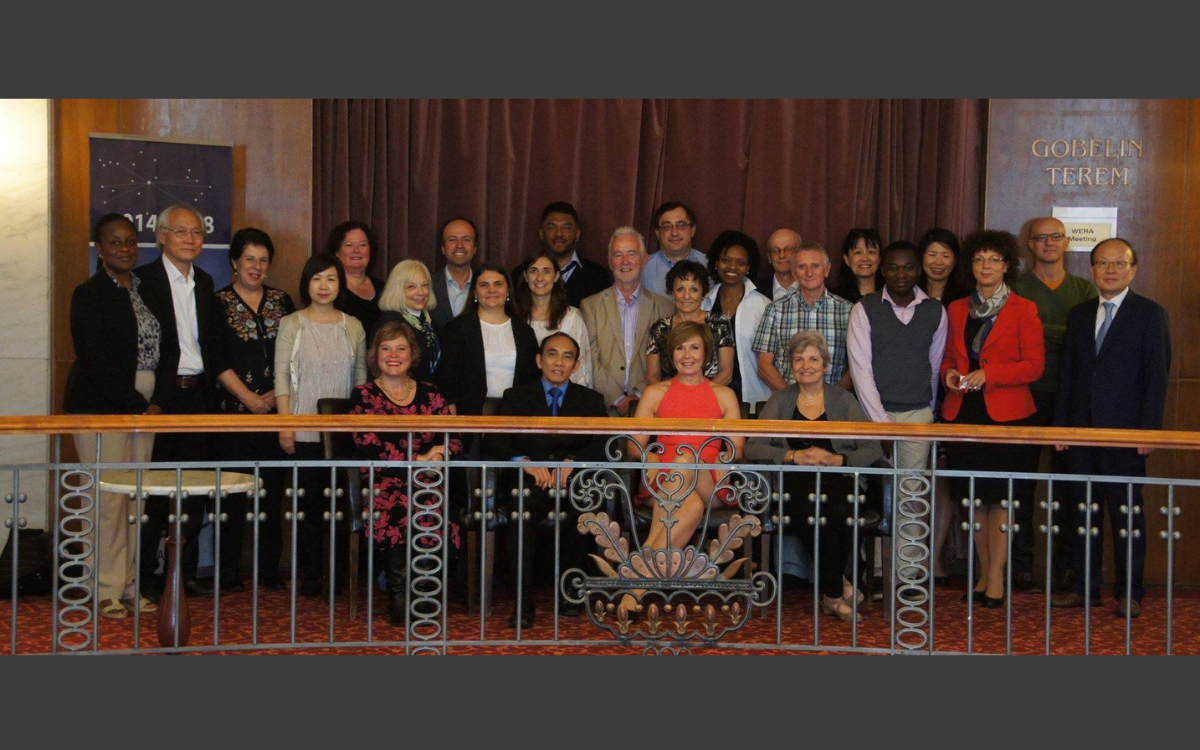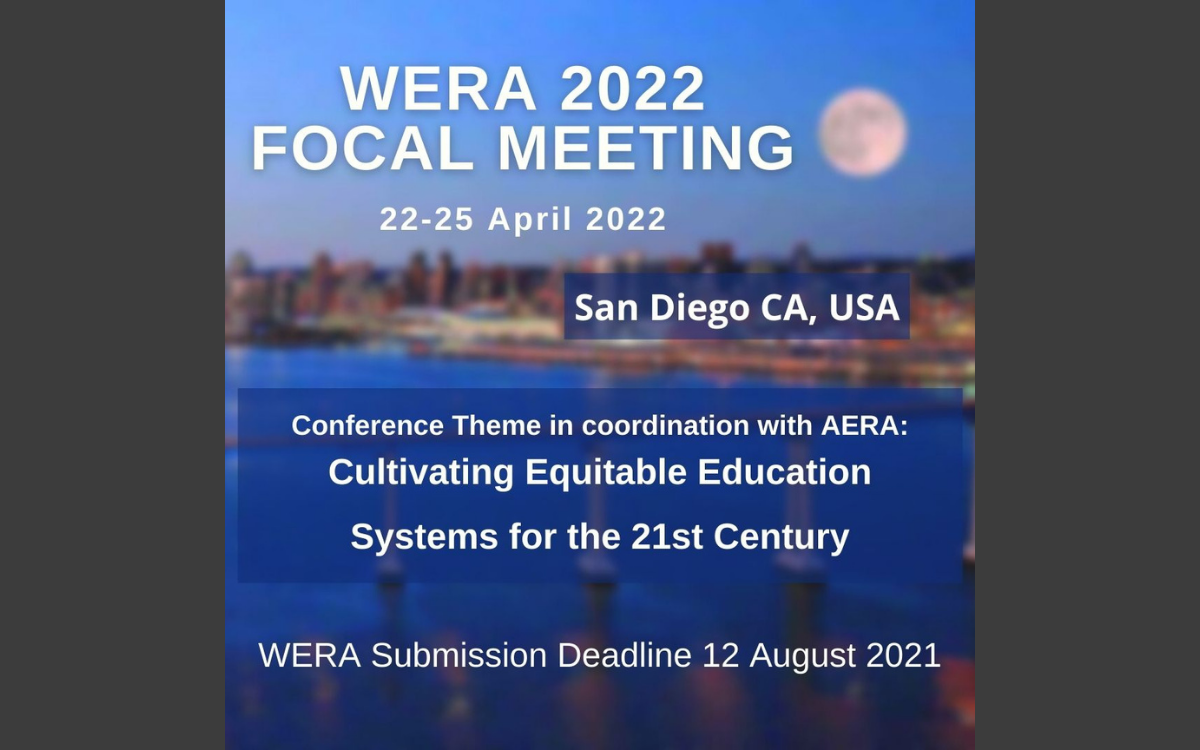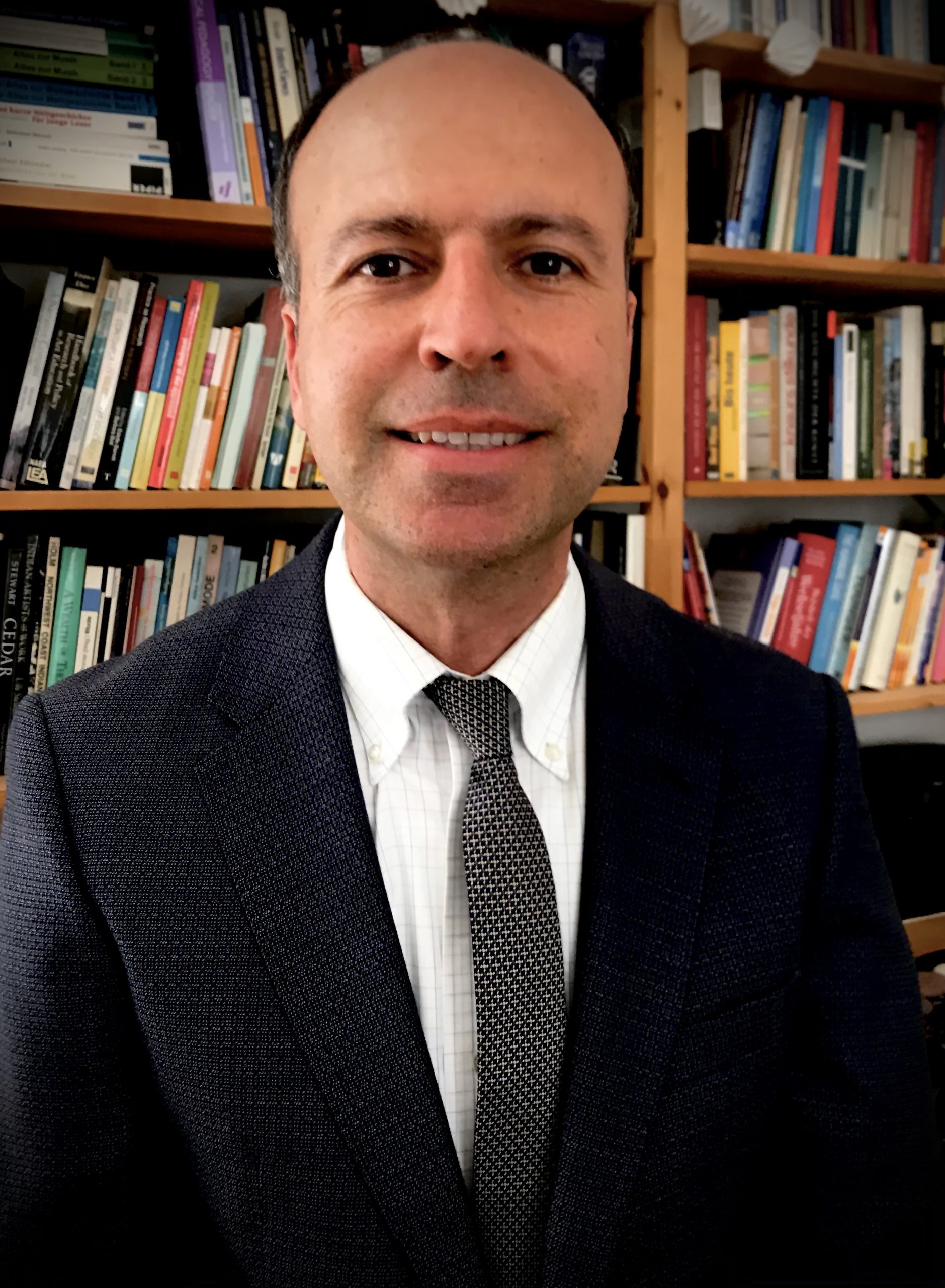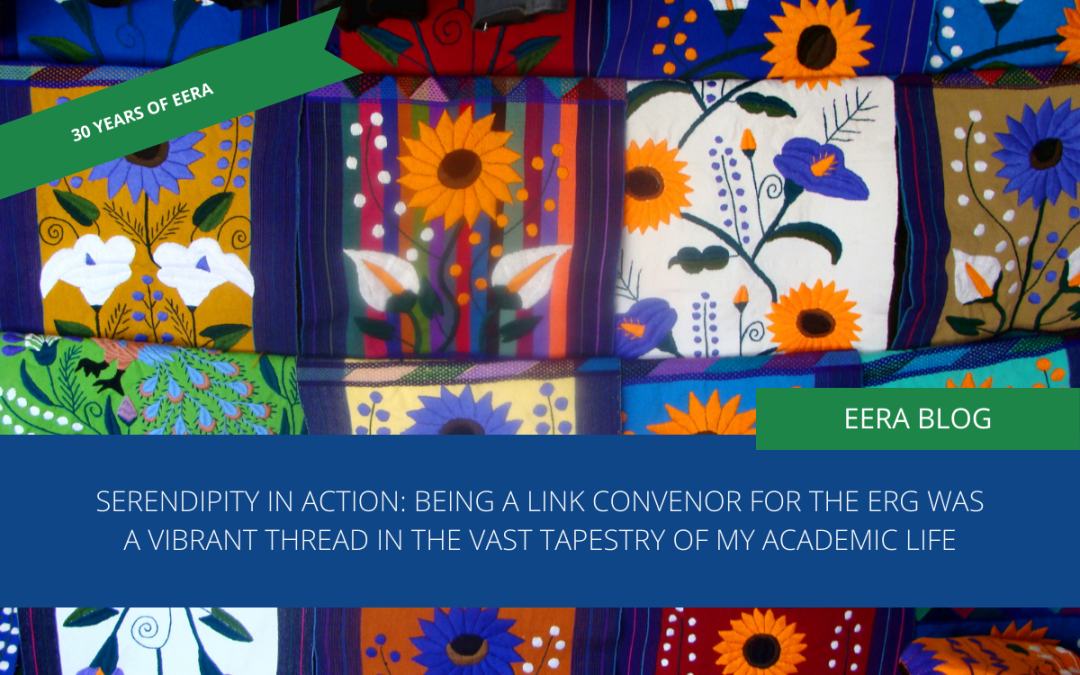
Serendipity in Action: Being a link convenor for the ERG was a vibrant thread in the vast tapestry of my academic life
EERA is celebrating 30 years in 2024, and as part of our anniversary celebrations, we have invited people who have been at the heart of the association to share their memories and reflections. In a series of blog posts, which will run throughout 2024, we will share those precious memories, from the people who helped foster the global EERA community.
Dr Patricia Fidalgo reflects on her time as the Link Convenor of the Emerging Researchers’ Group between 2012 and 2016. Dr Fidalgo is an Associate Professor at the Emirates College for Advanced Education, UAE.
As I sit down to share my journey as the Link Convenor for the Emerging Researchers Group from 2012 to 2016, I can’t help but marvel at the serendipitous turn of events that led me to this fulfilling role. It all began in 2011 at the ECER conference in Berlin, where fate, chance, and a bit of luck intertwined to shape a remarkable chapter in my academic career.
In the vast landscape of academic conferences, the ECER gathering in Berlin in 2011 held a special place in my heart. Little did I know that this particular event would set the stage for a series of fortunate events that would change my professional life. During this conference, the European Educational Research Association was searching for a new Link Convenor for the Emerging Researchers Group.
I threw my hat into the ring by sheer chance, not fully comprehending the exciting journey that awaited me. To my surprise and delight, I was chosen for the role, beginning an incredible adventure.
Following my selection, I shadowed the outgoing Link Convenor, Fiona Hallet, for an entire year. This period of apprenticeship allowed me to gain valuable insights into the responsibilities, challenges, and joys associated with the position. As ECER 2012 concluded, I eagerly stepped into the shoes of the Link Convenor for the Emerging Researchers Group.
My tenure as the Link Convenor from ECER 2012 to 2016 was a time of immense learning and personal growth. Coordinating activities, facilitating communication among emerging researchers, and contributing to the vibrant academic community became integral aspects of my role. The exposure to diverse perspectives, methodologies, and research topics enriched my own scholarly journey.
The Emerging Researchers Group serves as a nurturing ground for budding scholars seeking to carve their niche in the vast landscape of educational research. Throughout my tenure as Link Convenor, I witnessed firsthand the countless opportunities the group and its associated conferences provided emerging scholars. These opportunities extended beyond the confines of traditional academic settings, offering a platform for participants to present their work, engage in meaningful discussions, and receive constructive feedback from peers and established researchers alike. The annual ECER conferences became a showcase of cutting-edge research and a dynamic space for networking and collaboration. Emerging scholars had the chance to interact with seasoned academics, attend workshops, and participate in panel discussions that broadened their perspectives.
One of the most rewarding aspects of my time as Link Convenor was meeting and collaborating with many engaging and passionate individuals. The role allowed me to connect with emerging researchers and established scholars, conference organizers, and professionals across the educational research landscape. The network I cultivated during these four years has proven to be an invaluable asset, both personally and professionally, and the friendships forged during this period continue to be a source of inspiration and support.
The role took me on a whirlwind of travels for European meetings and conferences. Each destination brought a unique flavor to the experience, from lively cities to charming college towns. These journeys expanded my horizons and allowed me to witness the diversity and richness of educational research in the European context.
Reflecting on my time as Link Convenor, I cannot help feeling some nostalgia. The camaraderie, the shared passion for research, and the sense of belonging to a more prominent academic family are aspects I deeply miss. The Emerging Researchers Group holds a special place in my heart, and the memories of those years continue to shape my approach to academia.
My serendipitous journey as Link Convenor for the Emerging Researchers Group stands out as a vibrant thread in the vast tapestry of academic life. The chance decision to apply, the unexpected selection, and the subsequent years of learning and growth have left an indelible mark on my professional identity. I carry with me the warmth of connections made, lessons learned, and the gratitude for the serendipity that guided my path. Cheers to the wonderful times, the incredible people, and the enduring spirit of EERA’s Emerging Researchers Group!
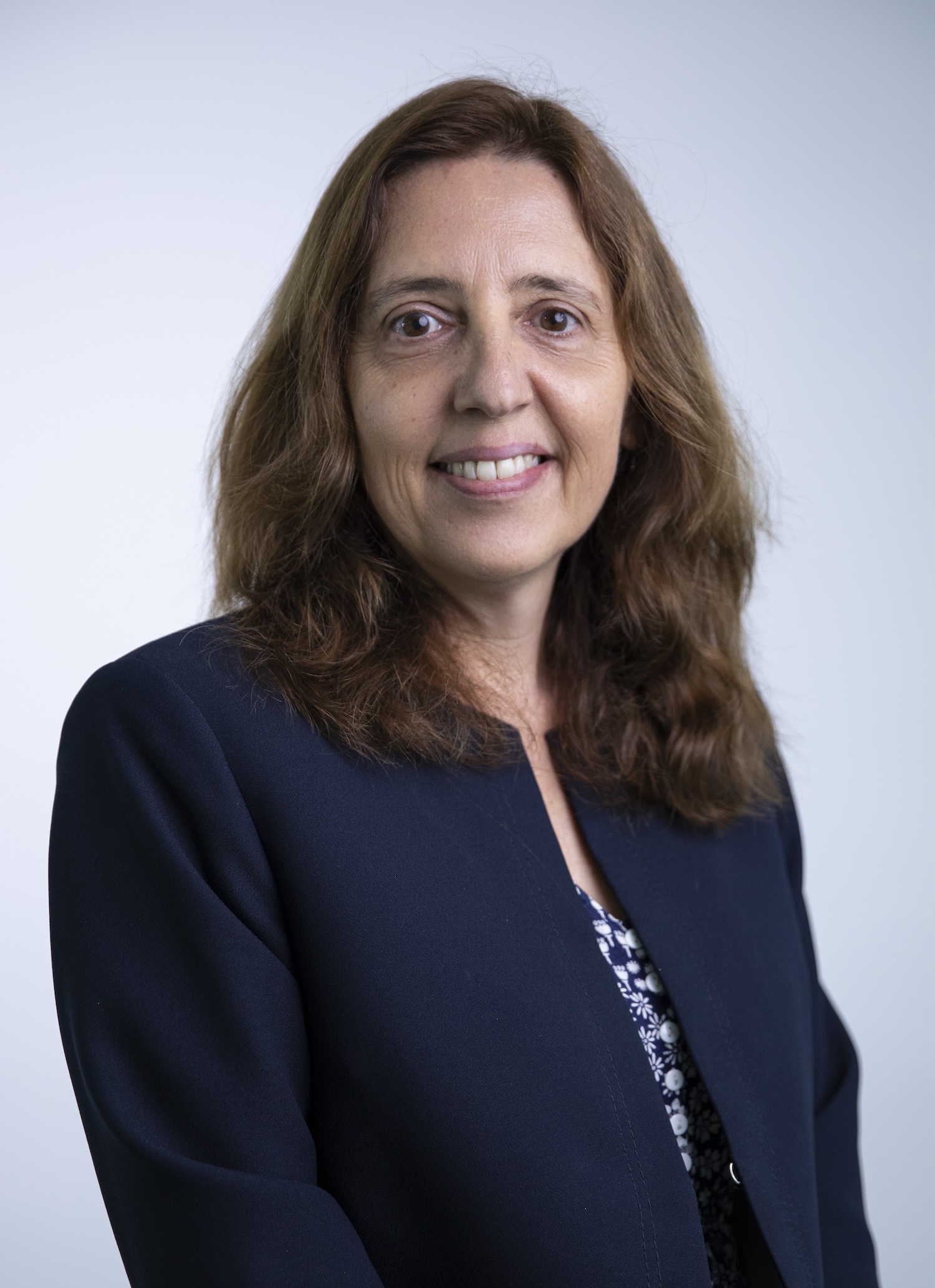
Dr Patricia Fidalgo
Associate Professor, Emirates College for Advanced Education, UAE
Patricia Fidalgo holds a Ph.D. in Sciences of Education from Nova’s University of Lisbon, Portugal. Fidalgo is an expert in Technology, Networks and Multimedia in Education and Training and has developed most of her research agenda in those subjects. For several years, she was responsible for the Emerging Researchers’ Group of the European Educational Research Association. She has over 20 years of teaching experience in Europe, Africa and Middle East.
She is currently living in UAE and is an Assistant Professor at the Emirates College for Advanced Education (ECAE), where she teaches in the field of educational technology. Dr. Patricia Fidalgo is also head of the Curriculum and Instruction Division at the ECAE.

